Just the Facts
To ensure you get the most from your visit to Jordan, it is important to have a few basic facts on hand before you arrive. From currency to transport, from newspapers to business hours, you'll find the information you need by clicking the links below.
Jordan is a primarily Muslim country, although the freedom of all religions is protected. Muslim women’s clothing often covers their arms, legs and hair. Western women are not subject to these customs, but very revealing clothing is never appropriate and conservative dress is advisable for both men and women in the old part of Amman (downtown), and outside cities. Shorts are rarely worn by either sex, and would be out of place in the downtown Amman area.
Visitors with a valid passport may obtain a visa at any Jordanian embassy or consulate abroad. A visa can also be obtained at Amman’s Queen Alia International Airport (for unrestricted nationalities) or at any other border crossing except King Hussein Bridge and the ferryboat from Egypt. Visas are valid for one month, but can be extended at any police station.
Credit cards are accepted at hotels, restaurants and larger shops, including American Express, Visa, Diners Club, and MasterCard. Please note that many smaller shops still prefer cash payment in the Jordanian currency, and it’s essential for shopping in the local souks.
The official language of Jordan is Arabic, but English is widely spoken especially in the cities. Many Jordanians have traveled, or have been educated abroad, so French, German, Italian and Spanish are also spoken, but to a lesser extent.When Arabic is written in Jordan using the Latin alphabet, English spelling is applied; however, these spellings can be interpreted in various ways – the spelling, for example, of street addresses can vary widely. For this reason, the sounds of the words are a much better guide than the spelling.
Speaking Arabic is easier than you might think; attempting a few basic words will gain you respect from the locals and is a good way to break the ice. The Jordanian people are extremely understanding and will help you whenever they are able.
220 AC volts, 50 cycles, requiring rounded two-prong wall plugs. Visitors from the US will need a transformer, which most hotels can provide.
Wherever you go in Jordan you will find plenty of opportunities to shop. For visitors there is a wide range of locally made handicrafts and other goods available at all the popular sites, as well as within the boutiques of the leading hotels and at the various visitors' centers. There you will find hand-woven rugs and cushions, beautifully embroidered items and clothing, traditional pottery, glassware, silver jewelry embedded with semi-precious stones, Bedouin knives, coffee pots, narghiles (hubble bubble), marquetry work, antiques and other artefacts. The list is endless and about as varied as you can imagine.
Take time to visit the souks in Jordan’s larger towns and cities. These are treasure troves for those seeking something a little bit out of the ordinary. Within the souks are also excellent gold and silver outlets, where some great bargains can be found. Also worth visiting are the busy market shops, especially for exotic spices, herbs and seasonings.
Pro- tip: Shopkeepers are helpful and friendly. Most speak at least a little English but even if they don’t, there is usually someone around who will only be very willing to assist you. After all, this is Jordan!
October – March: Greenwich Mean Time plus 2 hours (G.M.T. + 2).
April – September: Greenwich Mean Time plus 3 hours (G.M.T. + 3).
Jordan is seven hours ahead of US Eastern Time.
The local currency is the Jordanian Dinar, symbol JD, also pronounced as “jaydee.” There are 1, 5, 10, 20 and 50 JD notes. The dinar is divided into 100 piasters (pronounced “pee-asters”) of 1000 fils (“fills”).
The fils is the unit most commonly used and you will usually see prices written as 4,750 (which is 4 JD and 750 fils).
Currency can be exchanged at major banks, exchange booths and at most hotels. Street money-changers are best avoided. Exchange rates are set daily by the Jordanian Central Bank.
Ask Me Any Question
Useful Links
© 2024 All Rights Reserved. POST Boutique Hotel
